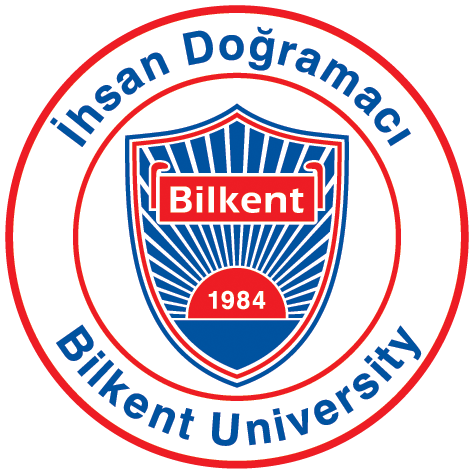14 December 2023, 17:30 (Zoom)
For the Zoom link, please contact Andrea Selleri (andrea.selleri@bilkent.edu.tr) or Atti Viragh (aviragh@bilkent.edu.tr).
Ever since its coinage, the label “metaphysical” in connection with seventeenth-century English lyric has been treated with skepticism, some of it deserved. However, early modern poetry’s attempts to think objects that put pressure on the conceptual caesura within “meta/physics” (such as the microscopic particles of dust in Ben Jonson’s ‘Hourglass,’ or the miniscule evaporating globe of water in Andrew Marvell’s ‘On a Drop of Dew’) suggest a deep fascination with the fundamental questions of ontology and epistemology. But how can poetic form account for the metaphysical? I will discuss some scenarios of how early modern lyric activates the affordances of baroque poetic form—from self-negating imagery to stutters of rhythmic disorientation, from the silences effected by caesuras and enjambments to the noise of rhyme—to negotiate matter, temporality, space, knowledge, body, and desire. In the resulting idea of lyric, material form at once promises the certainty of knowledge and withdraws from corporeal experience.
Danila Sokolov is Assistant Professor of Medieval and Renaissance English Literature at the University of Iceland, Reykjavik. He is the author of Renaissance Texts, Medieval Subjectivities: Rethinking Petrarchan Desire from Wyatt to Shakespeare (Duquesne UP, 2017) and numerous essays on early modern literature. He is completing a book tentatively entitled Uncourting Eros: Love and Law in Early Modern English Poetry and beginning a new project on lyric inhumanity in early modern England.
